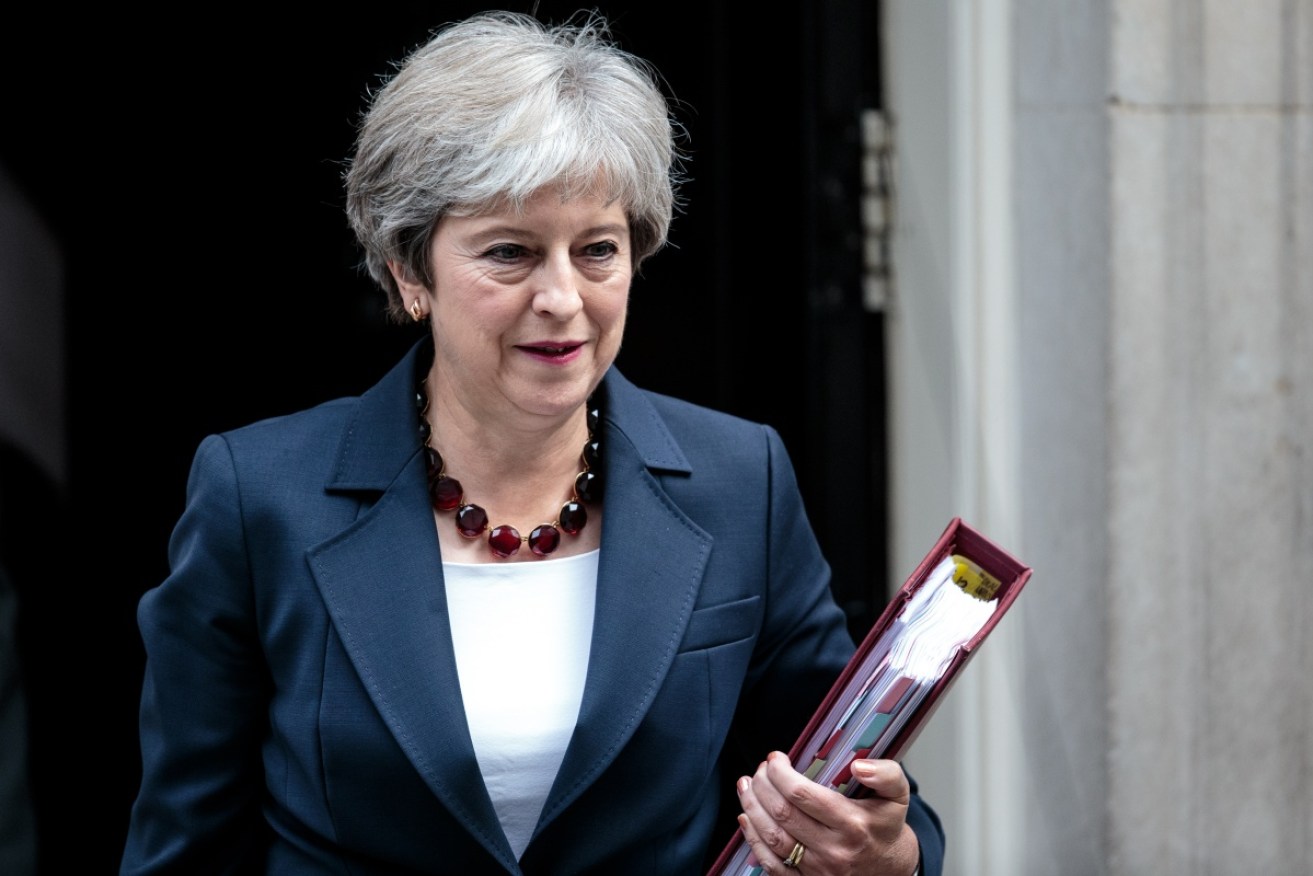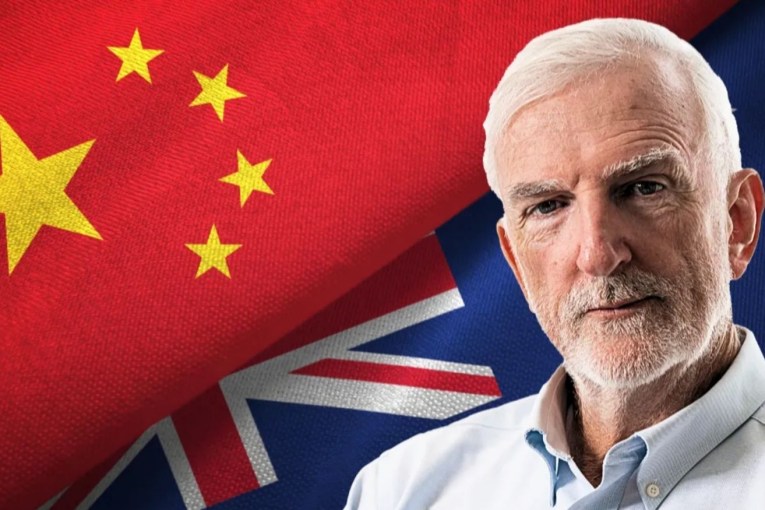UK’s Brexit should have taken a leaf out of John Howards’s playbook


Ms May's backdown could rule out a no-deal Brexit. Photo: AAP
The Brexit saga has reached yet another embarrassing low for Britain, with Prime Minister Theresa May racing to Brussels to seek last-minute concessions on the UK’s withdrawal from the European Union.
Ms May dodged a House of Commons vote due Tuesday (Australian time) that she was certain to lose, instead asking the EU to help her placate her own parliament, despite European leaders already warning that significant changes are out of the question.
The chaotic developments leave the UK’s most important constitutional change in decades up in the air just 15 weeks before it is due to leave the EU on March 29.
If Ms May cannot win parliamentary approval for the withdrawal and transition agreement she has spent the past two years negotiating with Brussels, the UK faces the sort of “no deal” sudden break that business and civil service leaders admit they are not prepared for.
Some MPs fear that her latest U-turn has raised the chances of precisely that outcome, with Britain crashing out of the EU without a transition agreement.
Others say her failure to sell her EU agreement has made it more likely that the Conservative Party will elect a new leader, or that the country will be forced to hold a general election, delay Brexit, or even hold a new referendum.
And this is all because Britain has lacked a leader with the cunning of Australia’s John Howard.
When then-prime minister David Cameron decided to quieten the pro-Brexit wing of his own party in 2013 by promising a referendum on pulling out of the EU, he faced similar challenges to those confronting Mr Howard from the republican movement in the late 1990s.
Both leaders wanted any referendum to reaffirm the status quo, with Mr Cameron opposing Brexit and Mr Howard a staunch monarchist.
Both faced a pro-change lobby that was deeply split over how radically their country should change, and both had the crucial power to design the question that was put to the public.
Mr Howard faced majority support for a republic, but was wily enough to split his opponents by forcing them to choose a specific republican model to put to voters.
The minimal change model that reached the ballot was promptly voted down, not just by monarchists but by republicans hoping for more radical change.
Mr Cameron was nowhere near as smart. He allowed his June 2016 referendum to become a simple yes-no question about the general idea of leaving the EU, with the lack of any description or detail allowing Brexiteers to make a blizzard of contradictory promises about what Brexit would look like.
That is how the Brexit supporters won a 51.9 per cent victory, and it is precisely why Mr Cameron’s successor as PM has been unable to come up with a model for the future that has the support of anything like a majority of her own MPs, let alone the broader parliament or the public.
Stubbornly refusing to confront the contradictory expectations about just what Brexit would mean, Ms May stonewalled with the chant “Brexit means Brexit”.
Two years of negotiations with Brussels over a withdrawal agreement saw those contradictions crystallised in the issue of the Northern Ireland border.
The promise to leave the EU customs zone clashed with the promise to avoid a “hard” border and customs checks in Ireland, and the fudge agreed with the EU was that “unless or until” that puzzle could be solved Northern Ireland would remain in something of a half-way house on EU regulations and customs rules.
The problem for Brexiteers is that the Northern Ireland “backstop” could only be ended when the EU and UK agreed on a longer-term solution, giving Brussels the power potentially to keep Northern Ireland in the backstop.
Ms May is now desperately trying to find a way to placate MPs by winning legal guarantees that Northern Ireland could not be stuck indefinitely in the backstop.
Jean-Claude Juncker, European Commission President, says Brussels is willing to give “further clarifications” if that will help Ms May, but insists that after two years of bartering it cannot now “renegotiate” a deal that Ms May herself has called “the best and only deal” available.
Labour continues to demand a general election, but such a rush to the polls would be unlikely to clarify Brexit as both major parties have deep internal splits on the issue and Labour leader Jeremy Corbyn has made his own highly ambitious promises about what sort of Brexit deal he could win from Brussels.
Supporters of a new referendum say it is the only way to get a mandate for any way forward, but Brexiteers warn that it is now too late for a Howard-style solution.
Even if a new referendum opted to remain in the EU by a large margin, that would leave millions of Brexiteers convinced that their 2016 victory had been stolen from them by politicians who were not cunning enough to hide that fact.
Award-winning Australian journalist Peter Wilson has been covering British and European politics and events from his London base for almost two decades








